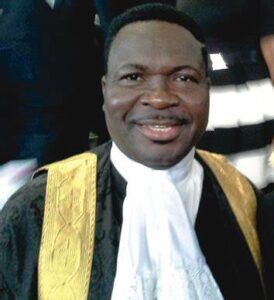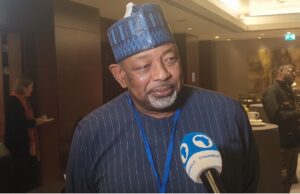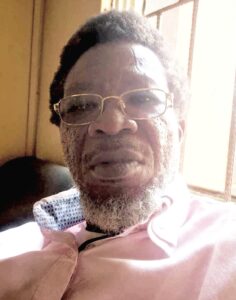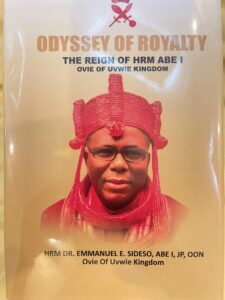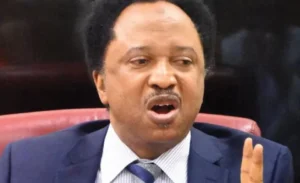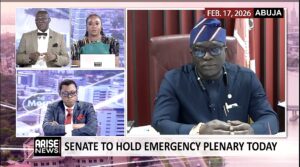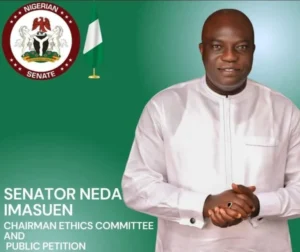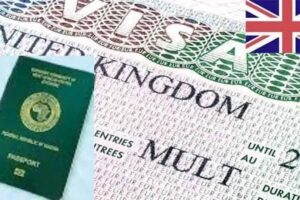Nigeria’s Poverty Story is Fake News
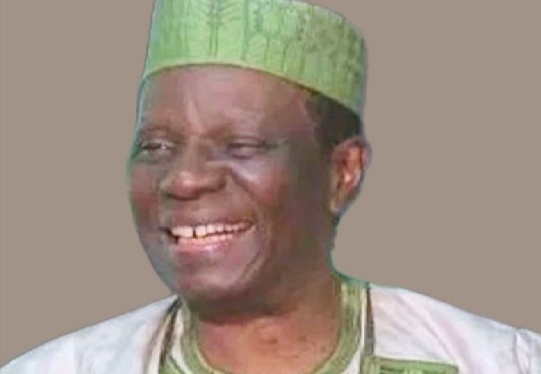
Tonnie Iredia
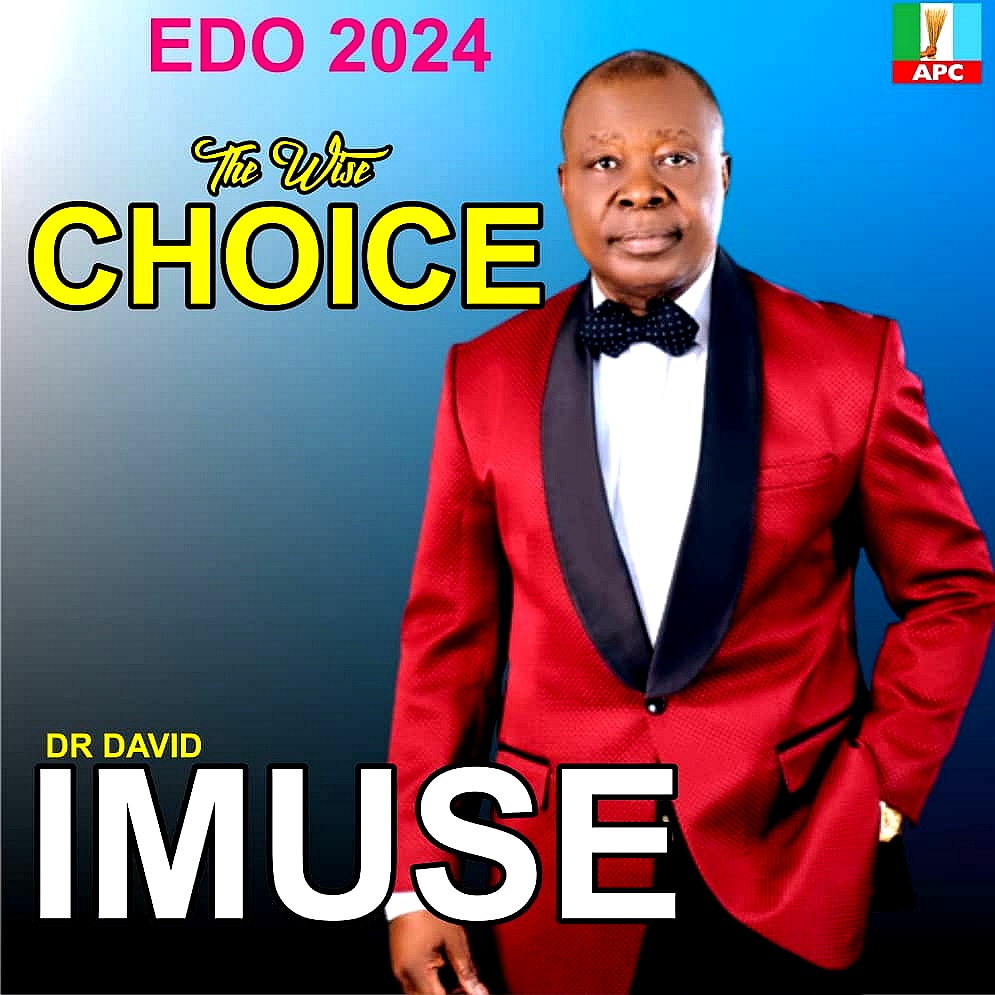
SPONSORED
By Tonnie Iredia
One narrative of the last few years that has refused to change is the argument that Nigeria is not just a poor country but the poverty capital of the world.
Last week, I learnt a lot about the subject at an exciting school’s debate where speakers argued for and against the topic, “Nigeria’s poverty is artificial.”
The position of the winner of the debate was that Nigeria’s alleged poverty is fake news.
To establish that the country was truly not broke, he counted as many as 47 countries in the world that are poorer than Nigeria.
Indeed, for the African content, he quoted several sources including the World Bank which confirm that Nigeria is not as poor as several other countries, especially Burundi, Somalia, Central Africa Republic, Democratic Republic of the Congo, Niger, Mozambique, Liberia, Malawi, Madagascar and Chad
A cursory look at many events in Nigeria would readily show that the country is always able to execute any project that its political leaders support.
What is not done is usually also the choice of leadership, hence we could construct a rail line beyond our borders to a neighbouring country.
For the 2023 elections, Nigeria was able to afford 200,000 devices of the Bimodal Voters Accreditation System (BVAS) at a unit cost of $795.
Whether the same BVAS turned out to be useful or not at the end of the exercise is not our immediate concern here, the point to note is that a poor country could not have been able to procure such devices.
Again, in only one of the political parties, 28 people were able to pay N100 million to procure the party’s presidential elections nomination form.
To better understand how wealthy Nigeria is, the debaters insisted that we should avoid the temptation of federalizing the subject because many state governments and individuals do also meet the cost of huge projects.
It is an open secret that although the results of local government elections are usually fabricated in government houses ahead of the event, state governments do vote and actually expend huge sums on the logistics of elections as well as voter suppression.
In the private sector, some people had thought that atrocious airfares would scare away prospective passengers, but in reality many people are still able to meet the new rates and quite often pay more than the high figures to secure seats in over-booked flights.
Land travels supposedly meant for the poor have also moved from N5,000 to as high as N30, 000 notwithstanding the great discomfort to passengers.
Can this happen in a country that is truly poor?
No poor country can even conceive of the idea of spending N5.5 billion naira to buy luxury cars for its federal legislators.
But the current budget of the Nigerian National Assembly reportedly provided for such humongous expenditure.
To many pro-assembly people, there is nothing wrong with the purchase of the vehicles within budgetary approvals.
On national television, Sunday Karimi, chairman services of the 10th Senate told the nation that it is not only federal legislators that enjoy the same privilege.
State legislators according to Karimi get theirs even before inauguration. In fact, the chairman of his own local government in his state, Kogi, has the same vehicle as his official car.
Is it not funny that the people of Nigeria are hoodwinked by their leaders into believing that their country is insolvent?
Poverty cannot be measured by available cash only. A country that can raise huge sums of money through loans cannot be described as poor.
Those opposed to the purchase of SUV cars for federal legislators are ignorant of how the National Assembly always handles the subject.
As senator Karimi testified in his television interview, vehicles and a few other items accounted for a liability of no less than N16 billion left behind by the 7th, 8th and 9th Assemblies.
If our federal legislators have in the last 12 years bought vehicles without paying fully for them, the 10th Assembly cannot appreciate why its members are so heavily criticised for merely following an established tradition.
They believe that the hyper critical stance of the Nigerian population towards them is unfair.
The legislators have clearly avoided ruffling other people’s feathers. We now know for example that oversight functions notwithstanding, ministers and heads of agencies are not challenged for allegedly having a fleet of the same vehicle that the legislators demand.
According to senator Karimi’s school of thought, ministers have up to 3 SUV cars; yet, no one talks about that, it is only legislators that everyone criticises.
In which case, people have forgotten that in Nigeria, any breach can be washed clean if the wrong-doer is able to identify other people who are known to commit the same infractions without sanctions.
Legislators therefore want critics to learn to be less discriminatory and get to understand better why our legislators often over-look wrong doings in the executive arm of government.
Understandably, our legislators know more than the rest of us that our country is really not broke because they know where public fund is hidden.
To our legislators, since our roads are never in good condition, the provision for road construction can be justifiably diverted to purchase SUV cars for them.
They want us to know that legislators cannot visit their constituencies if flamboyant but rugged vehicles are not purchased for them. In other words, Nigeria is wealthy enough to provide for the cars because some other projects such as road construction are always experimented upon.
Nigeria also has enough wealth to pay prices higher than the figures advertised by the vendors because although the subject is usually budgeted for, payment is never expeditiously released.
As a result, the bureaucracy adds a certain percentage to meet the vendor’s inconvenience plus several charges such as value added tax and with-holding tax.
What is poor in a country that can meet all these?
Another incontrovertible evidence that Nigeria is not poor is revealed by the appointment of 48 ministers by the new administration.
With 3 new nominees sworn-in a few days back, no one is sure if more may not come. Considering that ministers in the United States government are just 20, is Nigeria not richer than the US?
If it is true that Nigeria is really broke as our leaders want us to believe, won’t the priority for now be directed at quick strategies for reducing the mandatory 37 ministers provided for in our constitution?
The federal government of Nigeria cannot add more than 10 to the mandatory figure of ministers and turn around to continuously sermonize on the so-called poor economy of the nation.
Again it is not a subject to be federalized. At state level, Niger state has 131 Special Advisers/Assistants, while Yobe has 642, many of whom have no identifiable work schedules.
Interestingly, well before now, many patriots had argued that no modern society still embraces bloated government.
As far back as 2012, former Commonwealth scribe, Emeka Anyaoku said so at the formal presentation of a book, “Reforming the unreformable: Lessons for Nigeria” by Ngozi Okonjo Iweala. Alas, Nigeria appears too wealthy to listen or to hear.
Perhaps the last to hear the sermon would be senators who in their comfort zone, do not only earn inexplicable salaries, that are reportedly the highest in the world but also travel occasionally on recess with spiritual anointing of their leadership plus a token of N2million travelling allowance.
Those of them who are used to earning retirement allowances from sundry sources have since become victims of selective hearing.
As ranking senators all they can hear from whatever is said is that it is time to get new luxurious SUV cars to be added to what they got 4 years ago.
From the above submission, it makes sense to agree with the side of the debate which described the tale of Nigeria’s poverty as fake news.
Nigeria is not a poor country. If its timid civic society can wake up soon from their slumber, the hidden wealth of Africa’s most populous nation will surface.
There is a difference between a naturally poor nation and a wealthy one whose resources have been misapplied. Nigeria is economically viable; her dilemma is that her wealth is continuously stolen.
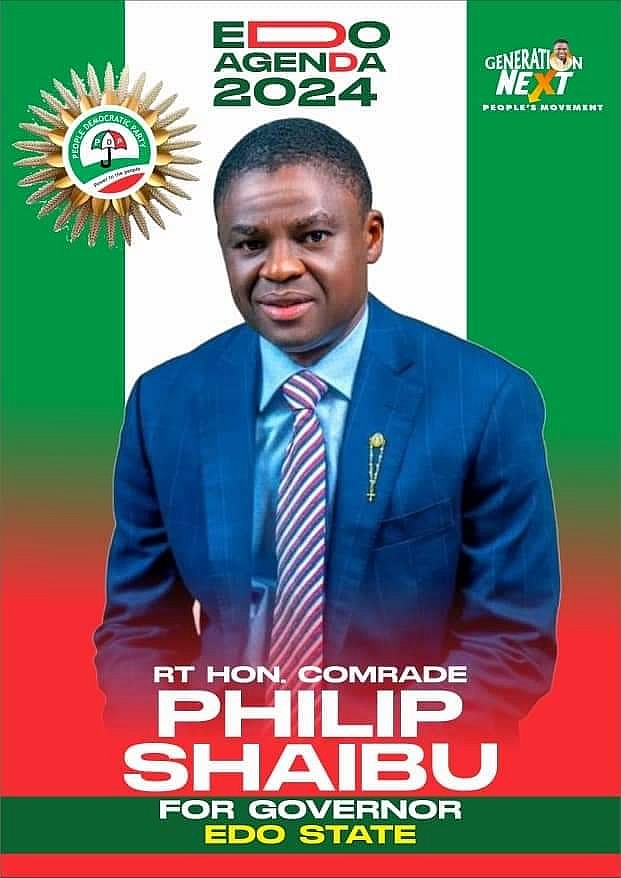
SPONSORED


